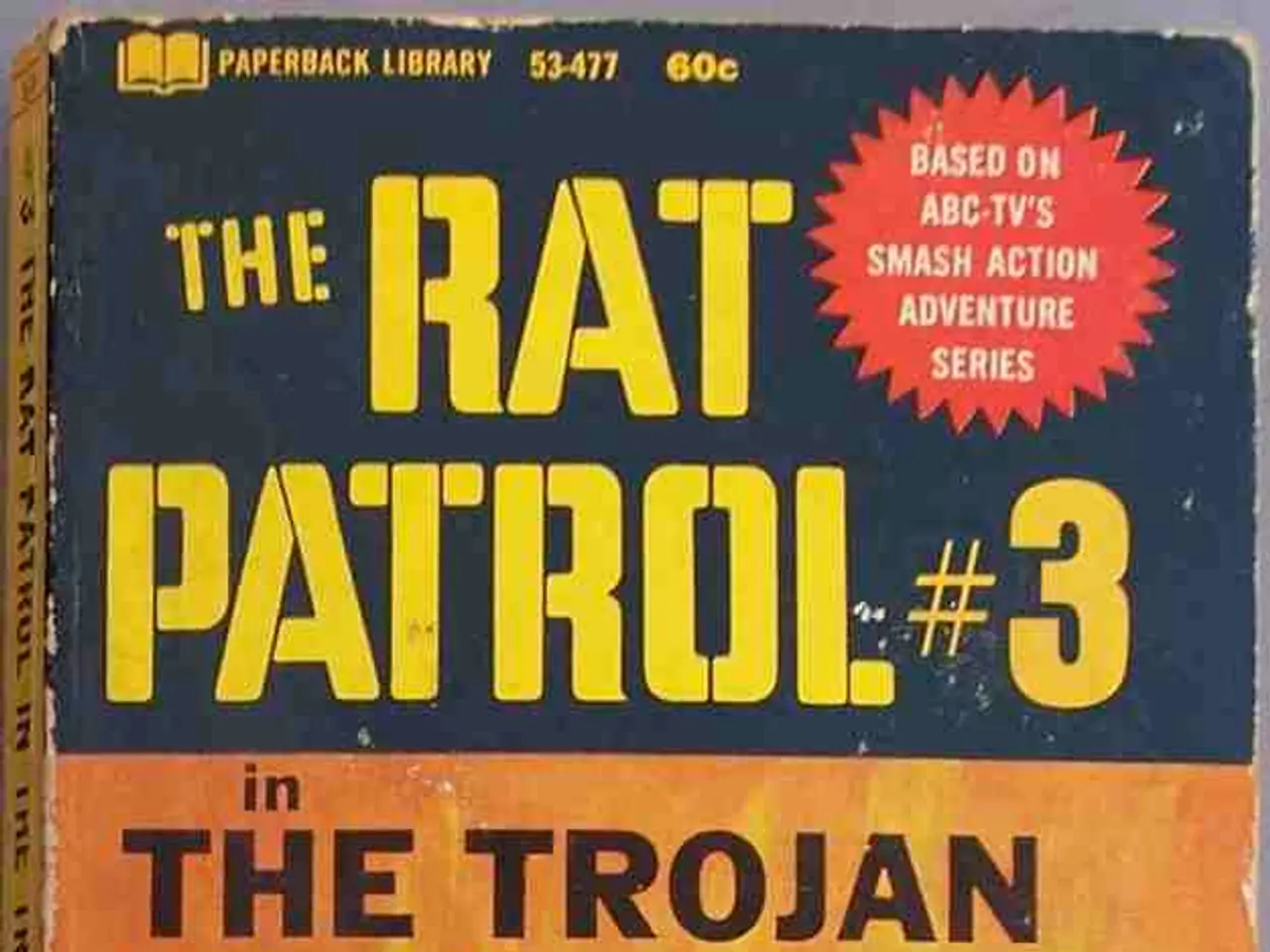Allied POW Camps in South Tyrol host notable imprisoned war captives on May 18, 1945
In the final weeks of World War II, the picturesque town of Merano in South Tyrol became an unexpected hotspot for Allied forces. The 202nd Counter Intelligence Corps Detachment (CIC Detachment) of the 5th US Army, stationed in the region, was tasked with disarming German troops and apprehending fascist and Nazi fugitives.
The CIC Detachment's focus on Merano resulted in the arrest of several high-profile individuals associated with the Nazi regime. Among them were Baron Gábor Kemeny, a former Hungarian Foreign Minister, who was found in the town. Baron Kemeny, a collaborator with the Nazi regime, was partially responsible for the deportation of hundreds of thousands of Hungarian Jews and remained in custody in Merano until his trial in 1946.
The wife of Hitler's deputy Martin Bormann was also discovered in Wolkenstein in Gröden, along with 14 children. The former French film star Corinne Luchaire and her father, the former Vichy information and propaganda minister Jean Luchaire, were also arrested in Merano.
The CIC Detachment's efforts extended beyond the arrest of high-profile individuals. They conducted random checks of civilians, raids on hotels and pensions, monitored Red Cross collection camps, checked hospitals and military facilities, and maintained border surveillance. Their main targets were Gestapo members, known war criminals, and SS officers.
The Japanese ambassador, attachés for the navy, army, and air force, and the rest of the staff were taken into custody, while Rudolf Rahn, the "German vice-king" and "Plenipotentiary of the Greater German Reich," was arrested in his vacation home, the Praderhof.
The arrests in Merano made a significant impact, not only in the town but also in the broader context of post-war Europe. South Tyrol served as a safe haven for prominent concentration camp prisoners, Italian former Nazi collaborators, Nazi officials, and their families during the final weeks of the war. The CIC Detachment's actions in Merano helped to bring many of these individuals to justice, contributing to the Allied forces' mission of restoring peace and justice in the aftermath of World War II.
However, it is important to note that while extensive research has been conducted on many individuals associated with the Nazi regime and the CIC Detachment, Baron Dr. Gabov Kemeny does not appear as a widely recognized historical figure with documented involvement in World War II, the CIC, or arrests in Merano. Further research may be required to clarify or confirm his identity and role during this period.
- The role of war-and-conflicts in shaping policy-and-legislation was evident during the post-World War II era, as the 202nd Counter Intelligence Corps Detachment (CIC Detachment) was assigned to apprehend fascist and Nazi fugitives, demonstrating a focus on justice and accountability.
- The CIC Detachment's focus on crime-and-justice in Merano, South Tyrol, resulted in the arrest of Baron Gábor Kemeny, a former Hungarian Foreign Minister, who was partially responsible for the deportation of Hungarian Jews, highlighting the importance of general-news reporting in bringing such figures to light.
- In the final weeks of World War II, the town of Merano became a significant stage for politics, as high-profile individuals associated with Nazi war-and-conflicts, such as the wife of Hitler's deputy and other notable Nazi officials, were apprehended by the CIC Detachment, contributing to the restoration of peace and justice in Europe.






